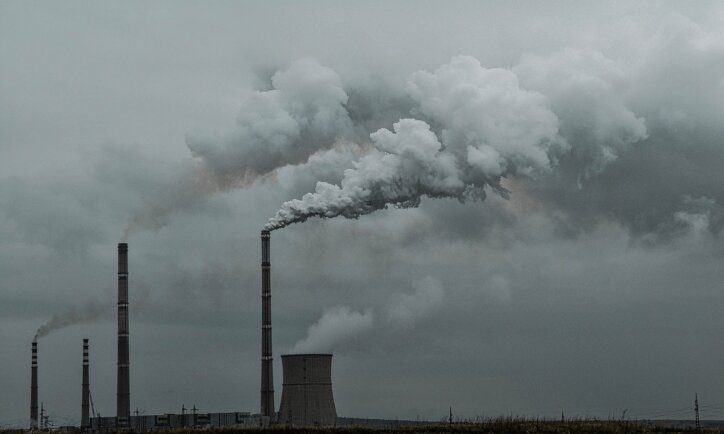 (Credit: Pixabay)
(Credit: Pixabay)Global emissions have risen approximately 4% since 2015. During this same period, companies reporting to CDP have on average reduced their emissions by 7% — a reduction that aligns with the Paris Agreement, but is not enough to align with the more recent IPCC 1.5 degree scenario. These reductions have been achieved despite economic growth, indicating that segments of the corporate sector have begun to decouple emissions from revenue, according to POINT380, a sustainability company.
This begs the questions: Who, or what, is driving emissions reductions among reporting companies?
Nearly three quarters of all reported corporate emissions come from three sectors: utilities, materials, and energy. Since 2015, emissions from both materials and energy have increased. This is no surprise, given that these companies tend to own and operate large, fossil-fuel-consuming assets.
By contrast, reporting utilities have reduced emissions more than 20% since 2015. This outpaces even the IPCC 1.5 degree pathway. Such performance is likely driven by decommissioning fossil fuel plants, replacing coal with natural gas, and increasing renewable energy as a share of total electricity generation.
Companies in other industries have in turn benefitted from these reductions. Operations that rely on electricity for most of their energy needs have reduced their scope 2 emissions via utility grid cleaning and increased renewable energy procurement.
What about the future of corporate emissions? Will reported emissions continue to fall, and if so, how rapidly?
To determine the trajectory of corporate emissions moving forward, POINT380 analyzed the ambition of current targets. In 2019, approximately 2,300 companies reported emissions targets to CDP. Of these targets, roughly half align with the Paris Agreement, and a quarter align with the IPCC 1.5 degree scenario. This indicates that not enough companies have set science-based targets, and that a significant portion of current targets are not ambitious enough. While targets do not directly equate with emissions reductions, such commitments go a long way toward ensuring that companies manage their emissions in line with global carbon budgets.
The analysis underscores two key takeaways:
First, there is a path forward. In its analysis, POINT380 found examples of corporate leaders across all industries that are setting and achieving ambitious emissions reductions. These leaders are paving the way for others to follow.
Second, scale and performance are key. With the climate crisis looming, a focus on disclosure and operational emissions is no longer enough. Companies’ climate contributions should be evaluated based on their emissions reductions relative to climate science, and on their efforts to magnify impact through collaborative initiatives.
The shift in focus has already begun. Leading companies are turning their attention to supply chains. By establishing target and performance standards for their suppliers, these companies can reduce emissions by orders of magnitude greater than they could if they focused solely on their internal operations.
For heavy-emitting, hard-to-abate industries such as Cement and Aviation, the Forum has launched a cross-sector initiative and the Mission Possible Platform to support industrywide transition to net zero emissions by 2050.
This week at Davos, the Forum’s Alliance of CEO Climate Leaders, the Mission Possible Platform, Natural Climate Solutions Alliance, and other leaders from across the globe will meet to discuss how business and government can work together to accelerate global emissions reductions and limit temperature rise to 1.5 degrees Celsius. We look forward to following the conversation and to tracking the outcome of such critical collaboration.
Good news: The deadline for the 2020 Environment + Energy Leader Awards has been extended to January 20! Get details about submitting your entry here.